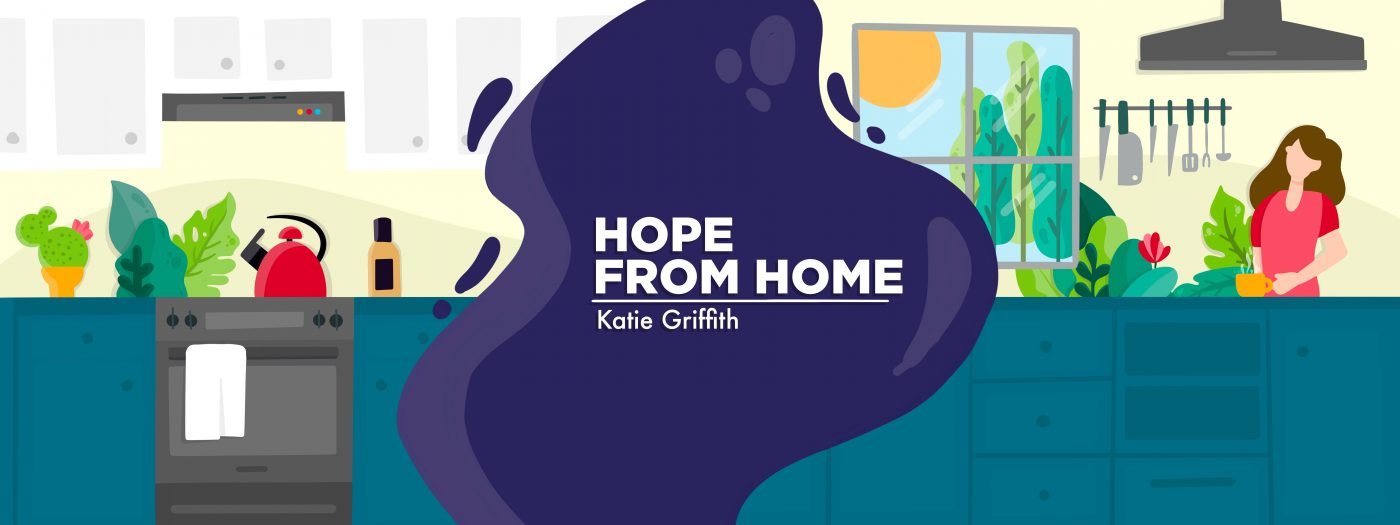Even When My Intentions Are Good, Sometimes I Still Get It Wrong
Written by |

Welcome! Pull up a chair and pour yourself a glass of something nice and refreshing. You deserve some time to rest and reflect on what you need today.
As a caregiver to a son with Friedreich’s ataxia (FA), my constant desire is to find ways to be helpful to him and meet his needs. But how do I know if what I’m doing is actually what he wants and considers to be helpful? The Enneagram is a tool that has given me great insight into my unconscious motivations.
The Enneagram is an ancient tradition that uses numbers to identify nine personality types. I came across it a few years ago after I picked up my husband’s copy of “The Road Back to You” and couldn’t put it down!
After reading the chapter on Type 2, I felt so exposed. How in the world did these authors know so much about me? In the book, authors Ian Cron and Suzanne Stabile talk about each type’s “passion” or “deadly sin.” Type 2’s is pride. I didn’t love the thought of pride being an issue for me, but instead of tossing the book aside, I kept reading.
They explained that pride wasn’t necessarily defined in the traditional way — as “not humble” — but instead as Type 2’s “belief that other people are more needy than they are, and that they alone know what’s best for others.” Yikes! That statement hit a little too close to home for me.
At that time, my family had recently learned of my son Noah’s FA diagnosis, and instead of dealing with my own grief about it, I had been trying to help him deal with his. That sounds like a great thing to do, right? Well, as my Enneagram type exposed, I tend to struggle with helping people who do not want or ask for my help, thinking that I know what is best for them. Not actually so great after all!
I had been sending Noah links to articles and videos, buying inspirational books for him to read, and looking up camps and meetups for him to attend. The problem is, he didn’t ask me to do any of it. He was dealing with his grief in his own way and in his own time. He was not ready to be bombarded with all of my “helpfulness.”
A lesson I have had to learn over and over these past few years is that I can’t fix anybody except myself. Until I am in a healthy place, I can’t truly help others. My therapist has told me numerous times that I must put on my own oxygen mask first, meaning I must take care of my own health so I can be available for my family.
Maybe this way of thinking comes naturally to you, but it certainly doesn’t to me! What I have found is that when I am present and give him space, it is then that my son will come to me for the support he needs. Eventually he did attend events, read books, and even become a Friedreich’s Ataxia Research Alliance ambassador, but this all had to happen on his timeline and not mine.
The Enneagram has taught me that we are all different. We all have different ways of seeing the world, and that is a beautiful thing! I may have good intentions, but I don’t always know what is best for other people. Self-reflection can be uncomfortable, but it’s necessary for true growth to occur. When I provide space for this growth to occur, I can truly be there for my son in the ways he needs me most.
***
Friedreich’s Ataxia News is strictly a news and information website about the disease. It does not provide medical advice, diagnosis or treatment. This content is not intended to be a substitute for professional medical advice, diagnosis, or treatment. Always seek the advice of your physician or another qualified health provider with any questions you may have regarding a medical condition. Never disregard professional medical advice or delay in seeking it because of something you have read on this website.The opinions expressed in this column are not those of Friedreich’s Ataxia News or its parent company, Bionews, and are intended to spark discussion about issues pertaining to Friedreich’s ataxia.






Leave a comment
Fill in the required fields to post. Your email address will not be published.